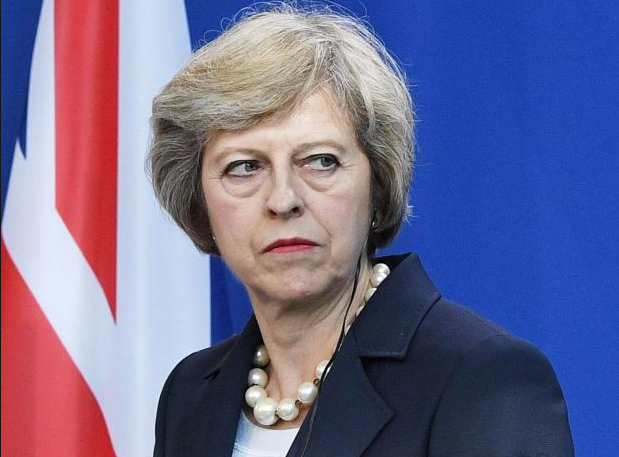America's tariffs on Bombardier jets, Northern Irish Jobs, and a harsh lesson in realities of global trade for May

So much for the special relationship, US Secretary of State Rex Tillerson promising to stand by Britain through Brexit, and the promise of an easy-peasy trade deal afterwards. The US Department of Commerce showed just how much all those pretty words are worth when set against the interests of a giant American corporation facing off against an international rival.
It has hit the new C-Series jet made by Canada’s Bombardier – which employs 4,500 people in Northern Ireland to help build the things – with a 220 per cent tariff. This after Boeing complained of “unfair” state subsidies from the Canadian and British governments.
American carrier Delta had ordered 75, but you can bet it will be back to the drawing board (and probably to Boeing’s HQ) if the trebling of the price it expected to pay is confirmed. It doesn’t much matter that Boeing doesn’t have a product with the same specs (a point made by Delta).
“Absurd,” said Bombardier in response to the ruling, while promising to fight. Theresa May, meanwhile, said she was “bitterly disappointed”.
She is learning the hard way that holding the tiny hand of America’s commander-in-chief as a supplicant will only get you so far (basically to the next set of TV cameras). Her failure to glean anything from such cosying up to the man in the White House once again demonstrates her desperate weakness, and through it, Britain’s depserate weakness on the international stage.
Whether it is trade, or foreign affairs, or the failing negotiations with the EU that have the country sailing into a hurricane which will have a devastating impact on its most vulnerable citizens, it doesn’t really matter.
Now, we can debate the rights and wrongs of financing giant projects like the C-Series – which got a £750m bung from Quebec’s provincial government in 2015 and the promise of a £135m investment in the Northern Irish manufacturing site from the UK Government – and they will be discussed at length. Far more important than the rights and wrongs of a particular case, or any notional rules, however, is the realpolitik that governs international trade like this. That says it’s “America First”. It always has been really.
The US International Trade Commission is the next important stage in the process, and next February is the next important date.
But given the rhetoric of the current administration, it would have to be very brave to set aside the tariff.
It could hardly have been more rich that Boris Johnson chose the same day to get together with his little friends Liam Fox and Priti Patel to talk guff about the “moral case” for free trade, and it goes beyond the irony of a man with the track record of Johnson (Fox too if we’re honest) talking about “morality”.
The ruling underlines the point: There is no such thing as “morality” when it comes to trade. Ideology doesn’t count for anything much either. Self interest rules.
That’s still the cold reality that will face a Britain outside of the EU, which people like the lamentable Johnson like to accuse of “protectionism”. It is the cold reality that its people will face thanks to a weak, and divided administration overseen by a no-hope PM in power because her party looks at the potential alternatives – and the Foreign Secretary would like to see himself as one of them – and baulks.
There is, of course, always the possibility that the various parties involved in this particular situation will be able to agree a deal; that something could be worked out behind closed doors, although such talks that there have been so far haven’t got very far.
Unless that happens, the discussions the PM will be having behind closed doors with her “partners” in the Democratic Unionist Party of Northern Ireland, are going to be, shall we say “fraught”. And the knives will continue being sharpened as her enemies start to wonder whether they might just have to accept that it’s time to try one of the alternatives to the perhaps the limpest leader this century.

 Yahoo Finance
Yahoo Finance 